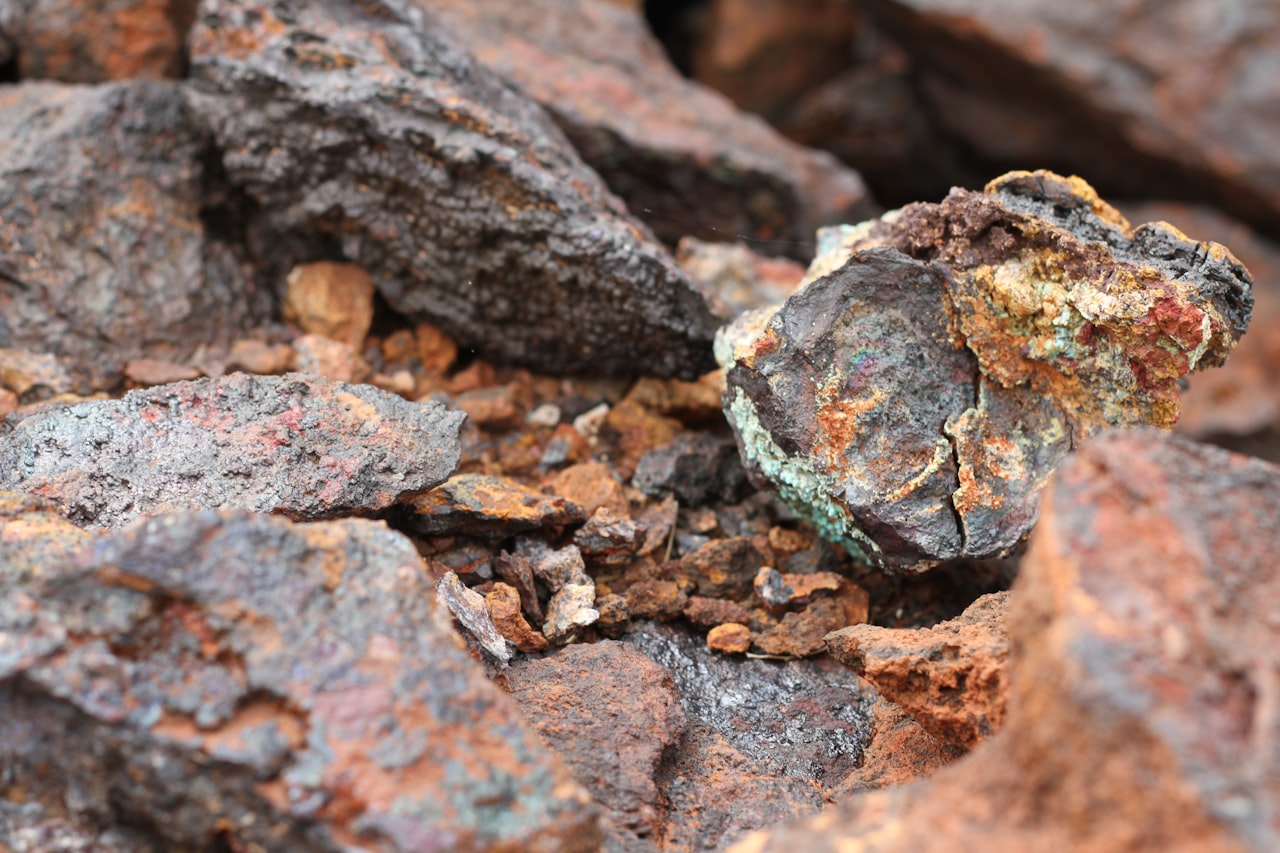Wanting to Grow Corn in North Carolina?


Wanting to Grow Corn in North Carolina?
North Carolina is a significant producer of corn, primarily grown as a feed crop for the state’s extensive livestock industries, including pork and poultry production. Although corn production fluctuates year by year due to market demands, weather conditions, and crop rotation practices, it remains an essential part of North Carolina's agricultural sector.
Acreage and Yield: In recent years, North Carolina farmers have planted around 900,000 acres of corn annually, with an average yield of approximately 140-150 bushels per acre. The state ranks among the top 20 in the U.S. for corn production, contributing significantly to the economy.
Economic Role: Corn is primarily used to support the state’s large livestock and poultry industries, where it serves as a feed crop. This symbiotic relationship between crop and livestock farming is a major economic driver in North Carolina, with corn feeding into the local supply chain and reducing the need for out-of-state imports.
2. Types of Corn Grown
Field Corn: The majority of corn grown in North Carolina is field corn, which is used for livestock feed, ethanol production, and processed corn products.
Sweet Corn: North Carolina also produces a smaller quantity of sweet corn, which is consumed as food. Sweet corn is mainly grown on small farms and sold locally, often through farmers’ markets and community-supported agriculture (CSA) programs.
Climate and Soil: The state’s mild climate and long growing season create favorable conditions for corn, especially in eastern and central regions where the soil quality and weather are ideal. However, corn production in North Carolina is highly susceptible to weather variability, including hurricanes and droughts, which can significantly impact yields.
Pests and Disease: Corn farmers face challenges from pests like the corn earworm and diseases such as southern rust, which can damage crops and reduce yields. Integrated pest management (IPM) strategies and disease-resistant varieties are commonly used to mitigate these issues.
Precision Agriculture: Many North Carolina corn farmers use precision agriculture techniques, such as GPS-guided equipment and soil testing, to increase efficiency, manage resources, and reduce environmental impact.
Cover Crops: To improve soil health and reduce erosion, cover crops are often planted alongside corn. These crops, such as rye and clover, help retain nutrients, prevent soil degradation, and support sustainability practices in corn farming.
Feed Demand: Corn prices in North Carolina are largely influenced by local demand from livestock and poultry operations, which require a steady supply of feed grain. Additionally, fluctuations in national and global corn markets can impact pricing and profitability for local farmers.
Biofuel Production: A portion of North Carolina’s corn crop is directed toward ethanol production, as part of the growing biofuel industry. However, feed demand typically takes priority.
5. Research and Extension Support
NC State University: Through research and extension programs, NC State University provides local farmers with resources, guidance on best practices, and support in addressing crop diseases and pest management.
North Carolina Corn Growers Association: This association advocates for corn farmers, offering resources and promoting sustainable practices to improve yields and profitability.
Conclusion:
Corn production is an essential component of the agricultural economy, supporting both the feed and biofuel industries. By incorporating sustainable practices and adopting advanced agricultural technologies, the state’s corn farmers aim to balance productivity with environmental stewardship.
For more details, check resources from the North Carolina Department of Agriculture & Consumer Services, the North Carolina Corn Growers Association, and NC State Extension.







Every sportsman has his or her own style when it comes to using dogs as hunting companions.


Discover museums highlighting North Carolina's mineral resources and gem industries.
If you have a unique country home, hunting or fishing land, or other premier North Carolina property for sale, call Legacy Farms and Ranches today to learn how they can help you market your property to thousands of discerning viewers across the country.